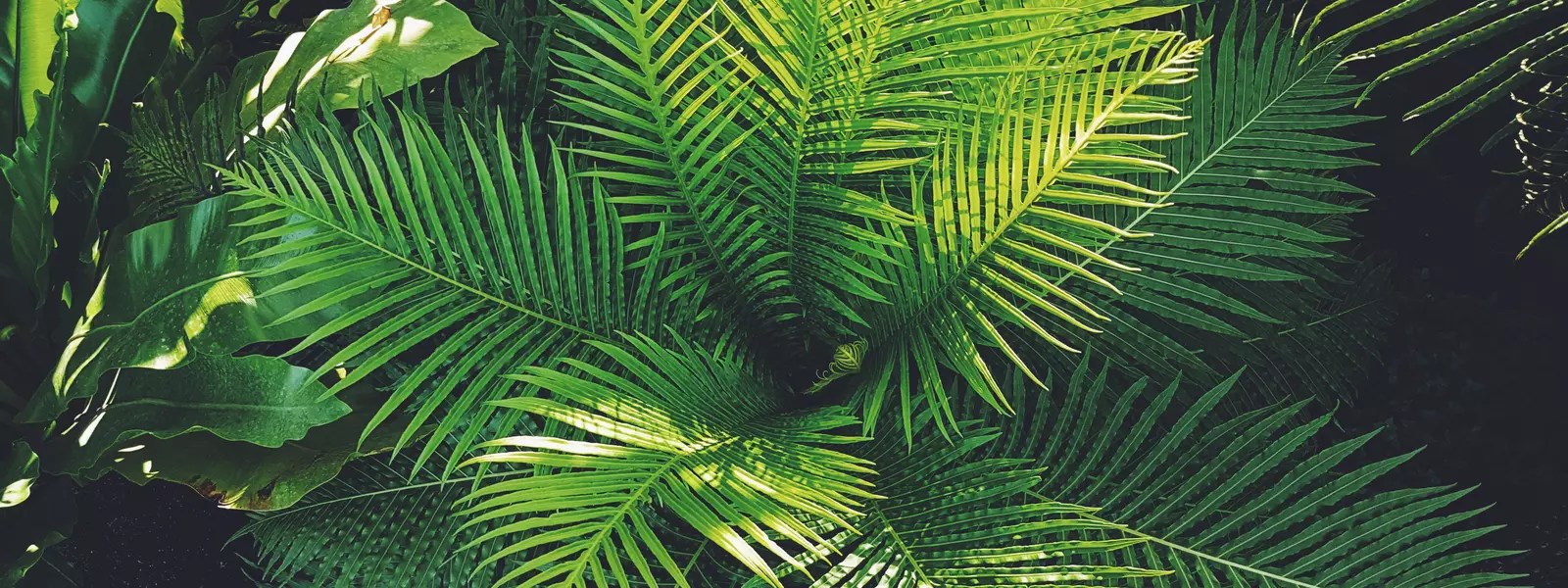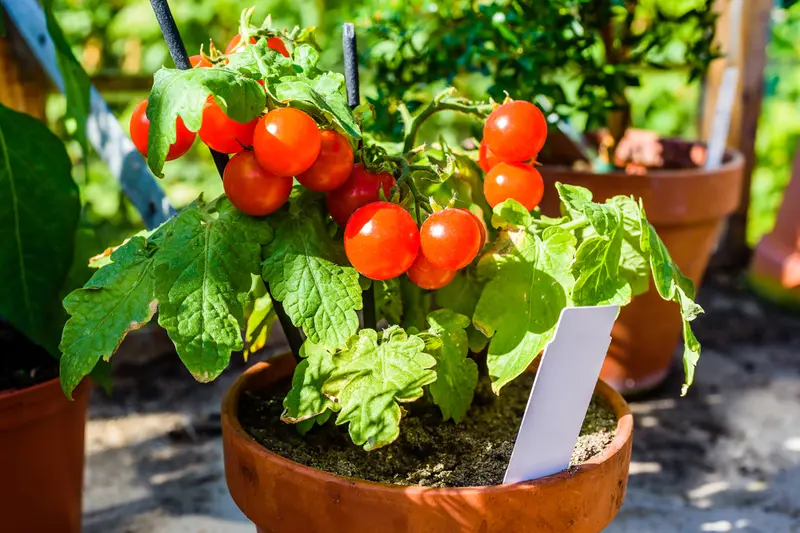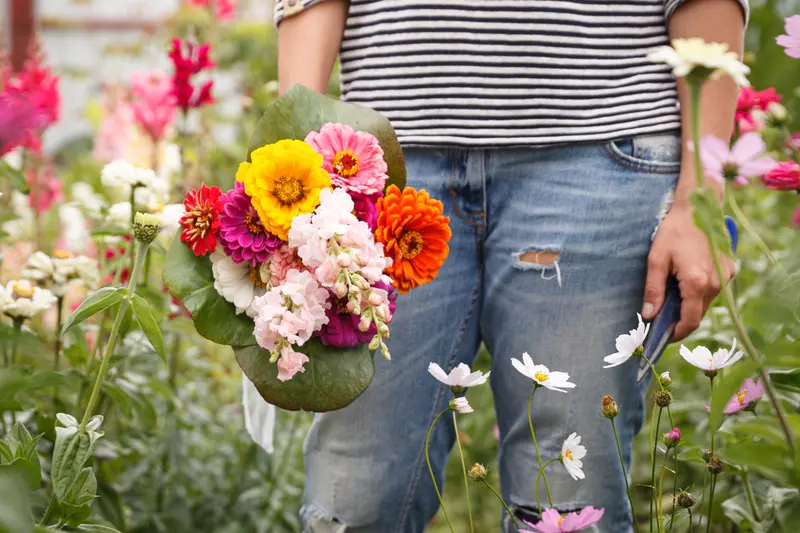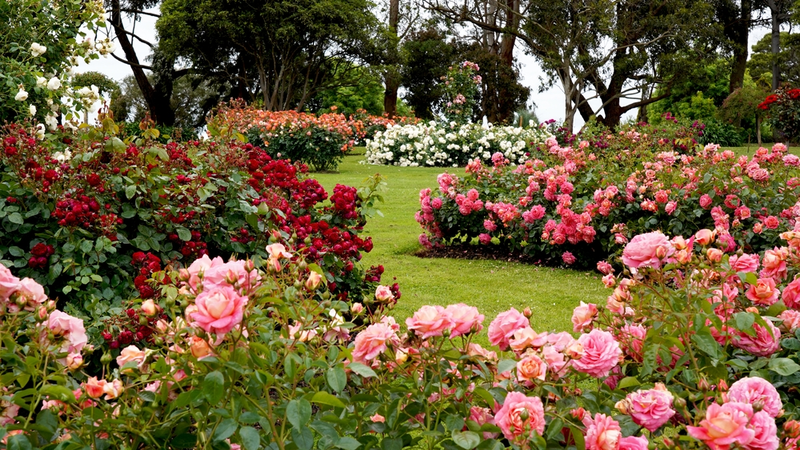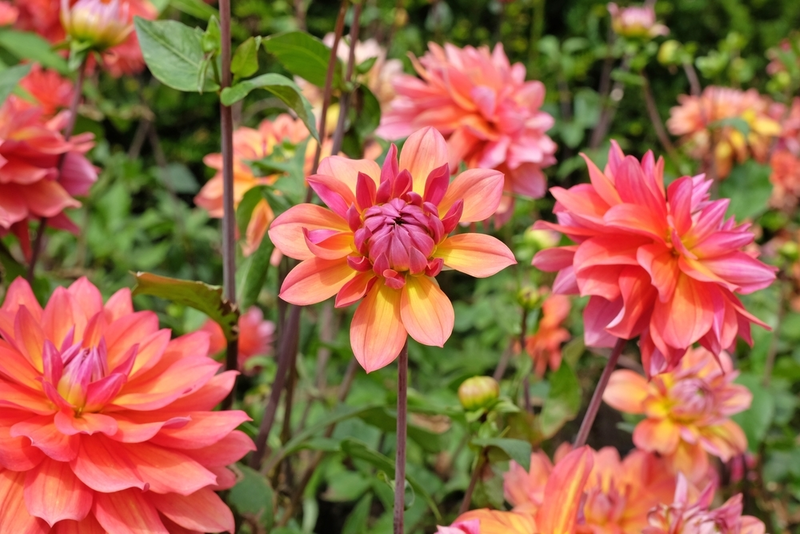The Christmas star, also known as the Poinsettia, is a stunning houseplant that brings a warm and festive atmosphere to your home during the holidays. With its striking red leaves and symbolic meaning, the Christmas star is a favourite among Christmas decorations. Discover why this plant is so unique and how to fully enjoy its beauty in your own home. We have a beautiful selection for you in our garden centre at Milton Keynes and Bedford.
Origin of the Christmas star
The Christmas star originally hails from Mexico, where it is a popular plant during the Christmas season. The story goes that a poor girl named Maria had no gift to offer to Jesus during the Christmas celebration. She was advised to pick weeds by the side of the road and present it as an offering. When she placed the plant on the altar, it transformed into a beautiful blooming Christmas star. This legend has contributed to the symbolism of the Christmas star as a sign of hope and miracles.

Caring for your Christmas star
To fully enjoy the beauty of your Christmas star, it is essential to care for it properly.
- Place the plant in a bright spot, but avoid direct sunlight.
- The Christmas star thrives at a moderate room temperature, so ensure it doesn't get too cold.
- Watering is also crucial. Keep the soil moist, but avoid letting the plant sit in water. Overwatering can lead to root rot, so monitor the soil's humidity.
Meaning of the red leaves
The striking red leaves of the Christmas star are actually not flower petals but bracts that cover the small, inconspicuous flowers. The red colour symbolizes love and passion, making the Christmas star the perfect plant to bring into your home during the romantic Christmas period. The contrasting leaves add a touch of warmth to your interior, completing the Christmas atmosphere. The Christmas star is also available in white, pink, and mixed colours, ensuring there's a Christmas star to suit your interior.

Creative decoration options with a Christmas star
In addition to placing the Christmas star in a standard flower pot, there are numerous creative ways to incorporate this beautiful plant into your Christmas decorations. For example, arrange multiple Christmas stars in different sizes for an impressive centrepiece. Christmas stars can also serve as festive table decorations in shiny pots or vases.
Another creative option is to include the Christmas stars in garlands or wreaths. Add some Christmas balls and ribbons for an extra festive touch. Hang these decorations on the door, staircase railing, or wall to transform your home into a winter wonderland in no time.

Extending the blooming period
Proper care allows your Christmas star to maintain its beautiful red leaves for weeks. Ensure not to expose the plant to drafts, as this can damage the leaves. Also, avoid sudden temperature changes, such as opening windows in winter. By following these simple guidelines, you can extend the blooming period of your Christmas star and enjoy it even longer.
Buy the ultimate Christmas houseplant this Christmas
The Christmas star houseplant is a beautiful addition to your Christmas decorations and carries a symbolic meaning of love and hope. This makes the Christmas star an excellent gift during the holidays. A Christmas star is a thoughtful gift for your mother, father, aunt, uncle, neighbour, colleague, teacher, or friend. With the proper care and a touch of creativity, you can transform a Christmas star into a radiant centrepiece of your festive interior, perhaps by using it in a Christmas wreath. So, bring the magic of the Christmas star into your home and let your Christmas celebration shine! Visit our garden centre at Milton Keynes and Bedford this week for the most beautiful varieties.
